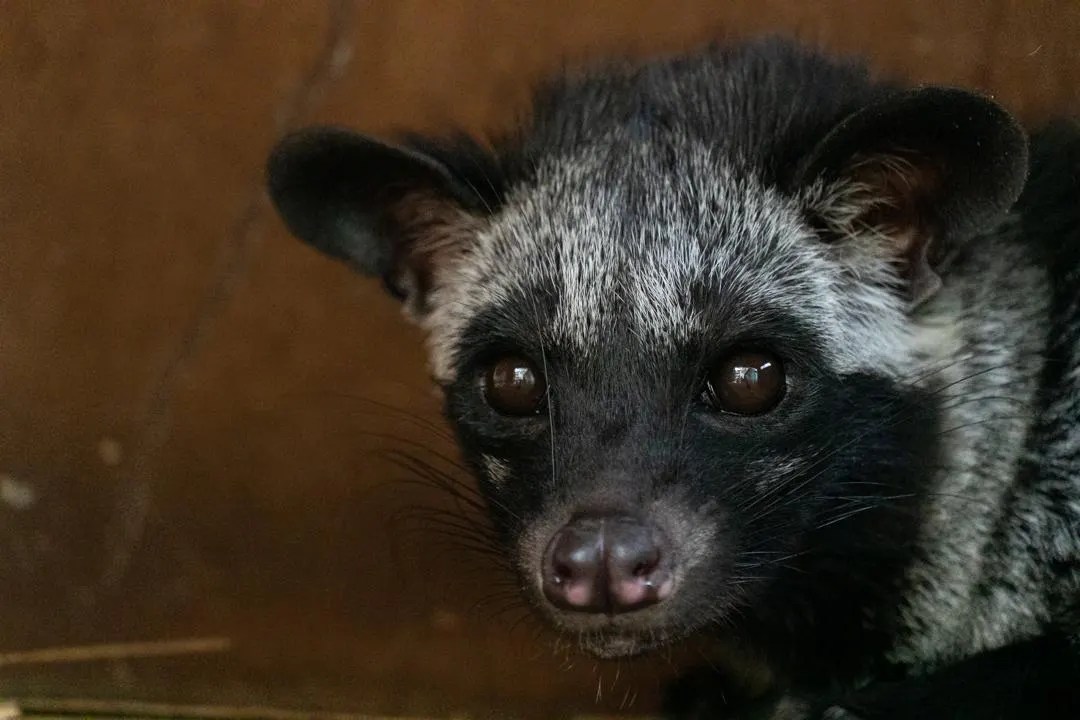The Complexity of Civet Coffee Goes Well Beyond Your Palate
The post The Complexity of Civet Coffee Goes Well Beyond Your Palate appeared com. Civet coffee is highly prized for its unique flavor and rarity, but consumption comes with ethical questions. Wildlife smuggling routes exist all throughout Asia as do criminal smuggling enterprises generally. Profiteers want to make money however they can, so the same routes that move narcotics and scam center workers are used to trade in helpless animals like civets. A civet coffee habit supports this interconnected network. Exploitation and misery give civet coffee its unique flavor. Wildlife Alliance Misery at Every Level Sustainability isn’t a concept in the civet coffee industry. For wild civet coffee, the scavenging of civet droppings disrupts natural seed dispersal patterns. Wild civet coffee comes from collected droppings and in theory this doesn’t hurt the animal at all, but the broader ecological disruption should be investigated as researchers recommend. For farmed civet coffee, every part of the animal’s experience is misery. There’s a direct link between your civet coffee preference and the ills of poaching in Southeast Asia. Specially crafted snares will catch an unsuspecting civet and if it survives the snare, it will be bundled away by the smuggler who transports it abroad. The Civet Snare. Wildlife Alliance If the civet doesn’t survive the trap, then it can be eaten. Bushmeat in its various forms is common in this part of the world. Our team observed an increase in overall demand, and in the price gap between live and dead civets around 2014, and this was driven by civet coffee farms in neighboring nations. Bushmeat prices didn’t change but the price of live civets distinctly increased. Civets rescued from a smuggler. From the moment of capture, these animals are kept in torturous conditions. Wildlife Alliance Civet farms in Vietnam claim the animals they use are bred in captivity, but we know firsthand that civet smuggling in.
